Optimal Timing for Facade Cladding Installation
Spring offers moderate temperatures and lower humidity, making it suitable for facade cladding projects. It allows enough time for curing before summer heat or winter cold set in.
Summer provides longer daylight hours and warm weather, but high temperatures and direct sunlight can affect adhesive performance and curing times.
Autumn offers cooler temperatures and less humidity, reducing the risk of moisture-related issues during installation. It is often considered ideal for many projects.
Winter conditions can include freezing temperatures, snow, and rain, which can hinder installation and compromise material integrity. Special precautions are necessary if work is scheduled during colder months.

Ways to make Facade Cladding Installations work in tight or awkward layouts.
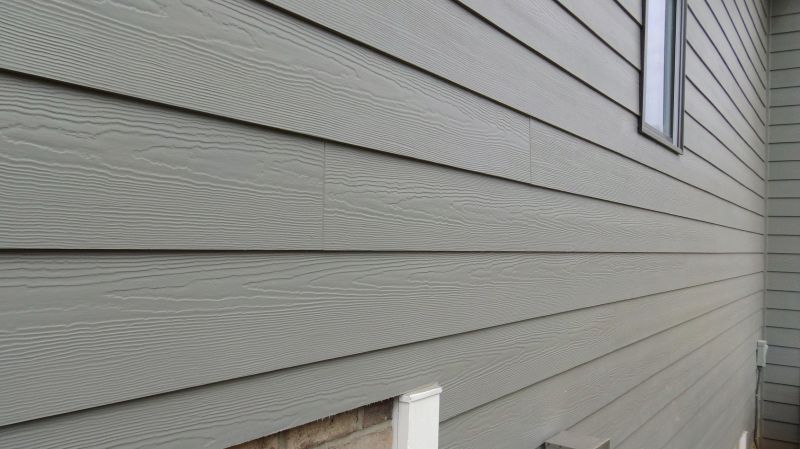
Popular materials for Facade Cladding Installations and why they hold up over time.
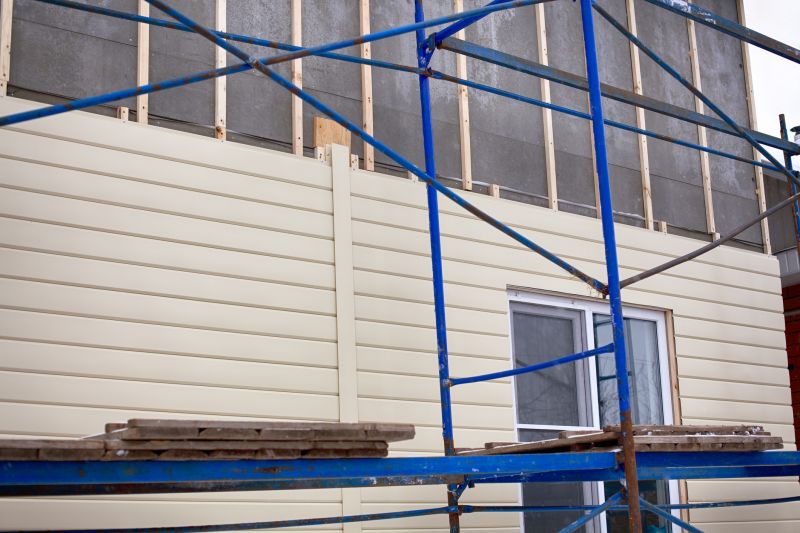
Simple add-ons that improve Facade Cladding Installations without blowing the budget.
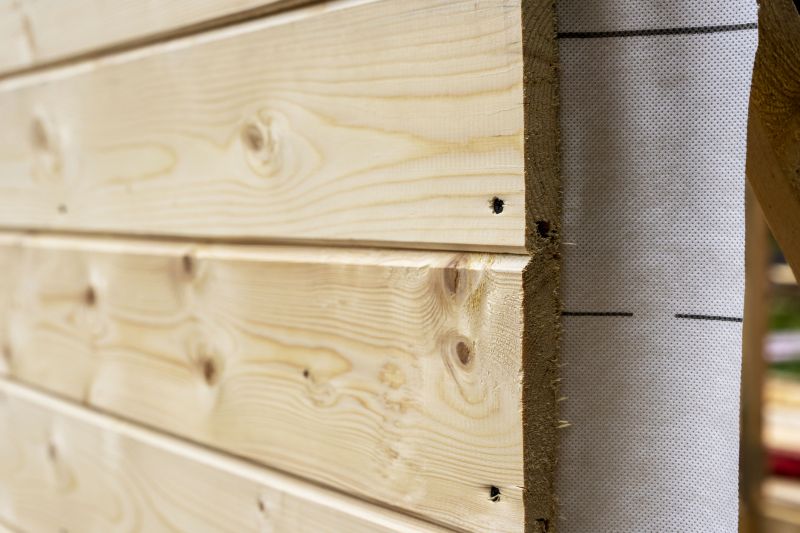
High-end options that actually feel worth it for Facade Cladding Installations.
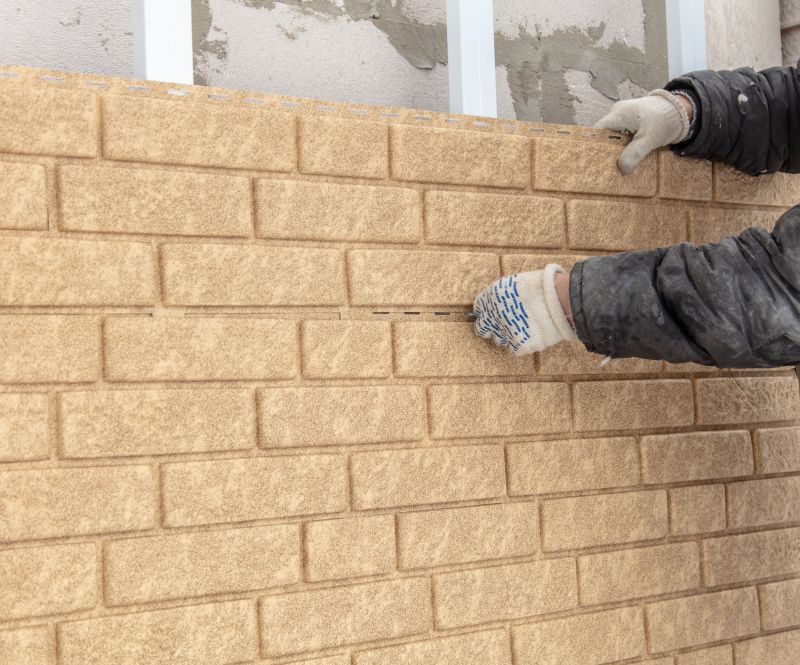
Finishes and colors that play nicely with Facade Cladding Installations.
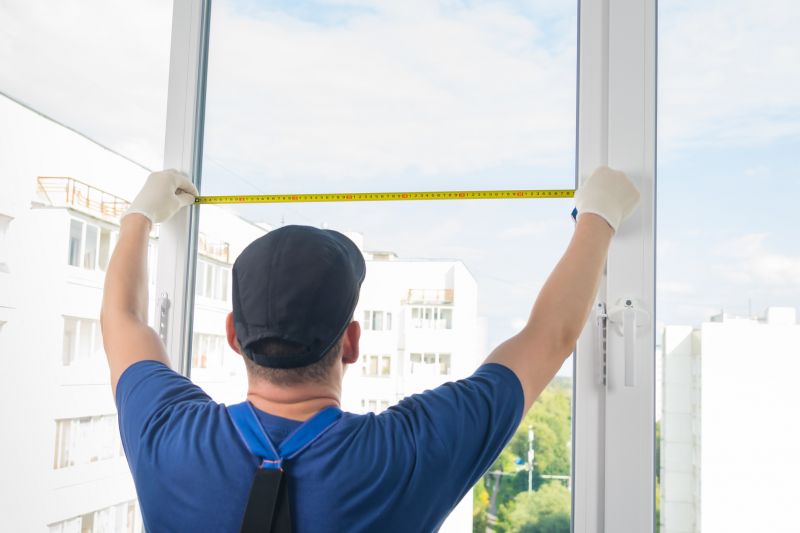
Little measurements that prevent headaches on Facade Cladding Installations day.
| Season | Ideal Conditions |
|---|---|
| Spring | Moderate temperatures, lower humidity, optimal curing conditions. |
| Summer | Long daylight hours, warm weather, but risk of high heat affecting adhesives. |
| Autumn | Cooler temperatures, less humidity, suitable for installation. |
| Winter | Freezing temperatures and snow can delay or complicate work. |
Facade cladding installations require careful planning to align with seasonal weather patterns. Proper timing can enhance the durability and appearance of the cladding system, reducing potential issues such as moisture infiltration or adhesion failure. Climate considerations are critical to achieving a successful installation that meets project specifications and longevity expectations.
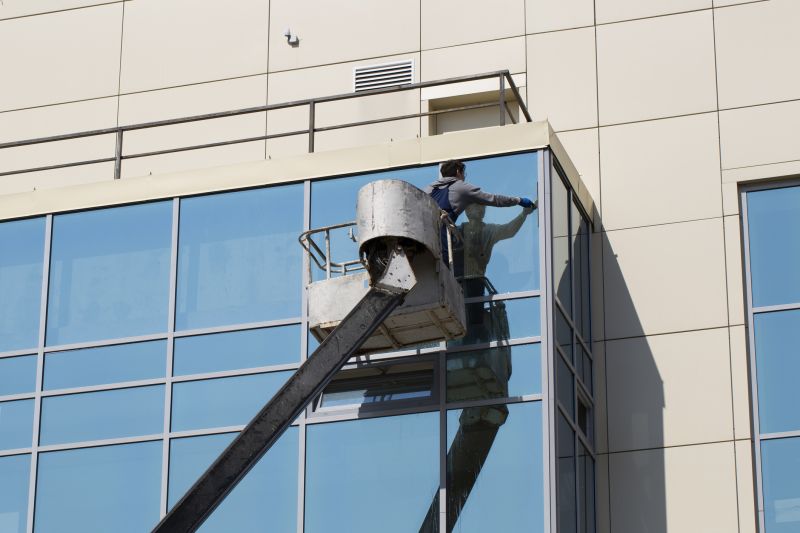
A 60-second routine that keeps Facade Cladding Installations looking new.
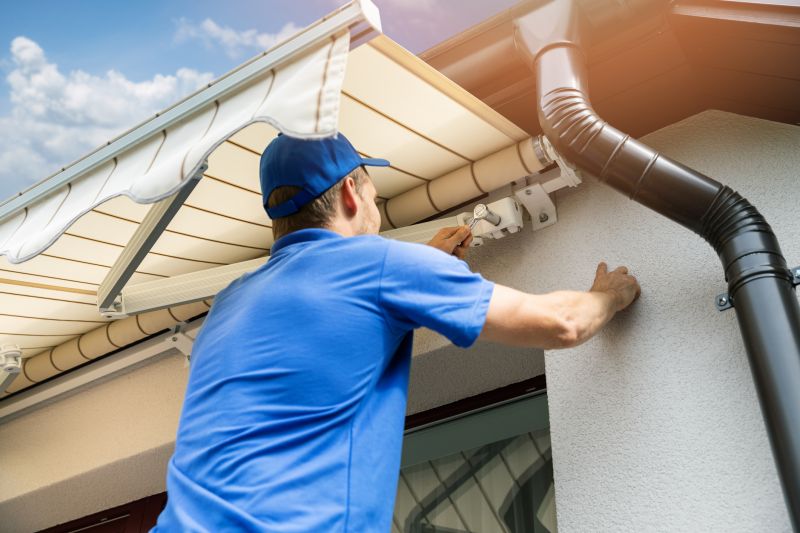
A frequent mistake in Facade Cladding Installations and how to dodge it.
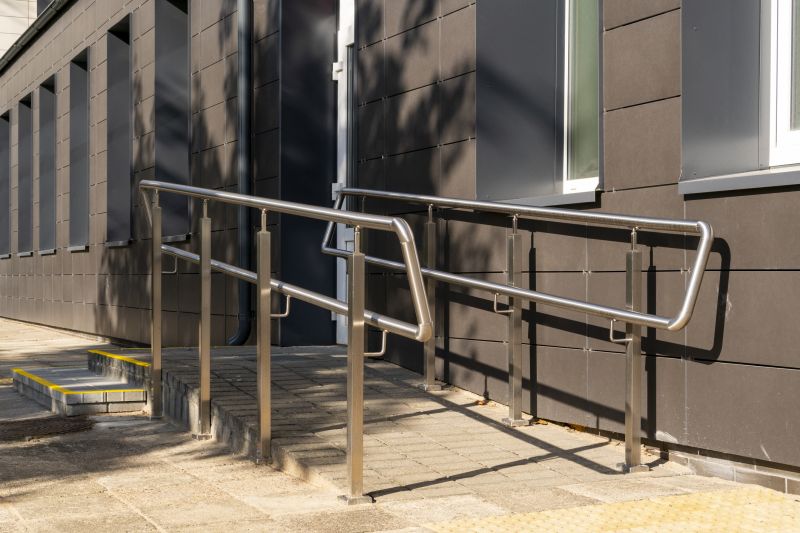
Small tweaks to make Facade Cladding Installations safer and easier to use.
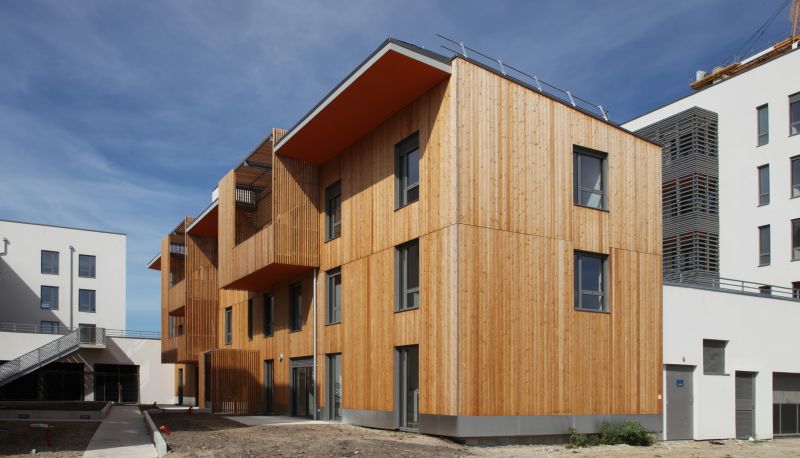
Lower-waste or water-saving choices for Facade Cladding Installations.
Interested parties should consider the local climate and project timeline when scheduling facade cladding installations. Proper season selection can lead to more efficient work processes, better material performance, and longer-lasting results. Consulting with experienced professionals can help determine the most suitable timing for specific project requirements.
For inquiries or to discuss scheduling facade cladding installations, filling out the contact form is recommended. Proper planning and timing can contribute to successful project outcomes and optimal material performance.
